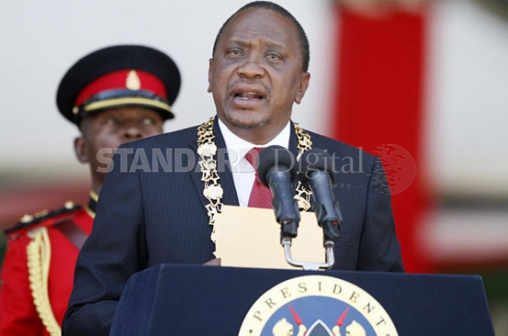
This week’s mashujaa day celebration was marked by very low turnout. It is like people have lost interest in attending gatherings organised for such events. This is contrary to political rallies were people are actually paid to attend. Lets compare our mode of celebrating our fallen heroes to what happens in other countries.
On November 11 every year, many countries around the world remember those who died in World War I. In the United Kingdom, celebrations are organised to mark the anniversary of the start of the first world war.